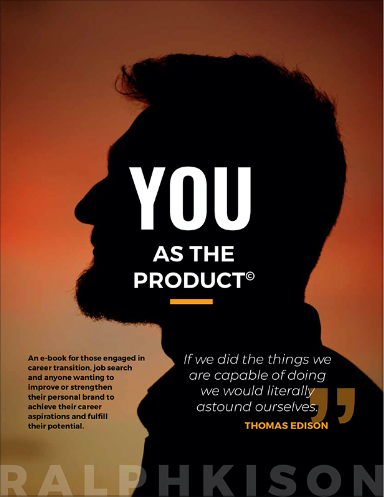“People who don’t stand for something will fall for anything”
– Alexander Hamilton
In my last blog I shared some of my leadership “secrets” and how I plan to apply them this year. One of the five secrets was entitled my “hill to die on”. This is an important topic that comes up when conducting personal coaching sessions relating to principle-based decisions, and in training sessions when dealing with the issue of securing business on value versus low fee. When coaching leaders, I encourage them to make decisions based on their core values and beliefs. I ultimately believe it is more important for leaders to be respected than liked. Too often leaders and managers capitulate and submit to employee or client requests to be popular with the result being maintaining the status quo, regression or a weakening of resolve and effort to do the hard work required to succeed. This can result in the leader being viewed as a push over or someone who is weak rather than an individual that makes decisions and stands by them even under pressure. An interesting aside is that leaders that stand on principle and make sound decisions are not only respected but generally liked more over time. This may not happen until people see the result of their effort and determination. There are many styles a leader can use to reveal her or his resolve. Some are more positive than others so select your approach carefully. Follow this link to see a summary of Daniel Goleman’s six styles of leadership. Select a style approach that is best suited to effectively communicate decision and one that reflects your principles. http://www.educational-business-articles.com/six-leadership-styles.html
Several years ago, I was put in a very difficult situation while meeting with the president of a major construction firm. I was building a case for using psychometric profiling as a resource to gain valuable insight into employees. My experience revealed that companies that used a range of resources, including profiling, to assess an employee’s personality traits, skills and interests and then trained, coached and mentored them to develop their strengths, ended up with better managers and leaders. These employees were also typically more engaged in their job, doing quality work and having a positive impact on the organization. As the president and I debated the validity and benefit of using the tools, it became evident I would have to take a position, and decide if this was my hill to die on regarding this issue. I persisted not because I wanted to win, but because I firmly believed that if used properly, this resource could provide a competitive advantage by developing the best people and placing them in the right role. This would enable employees to operate from their strengths, be passionate about the outcomes of their work and committed to living the company values and principles.
So what happened? I stood my ground on principle and the president agreed to use of the profiling tool. Although he never became its greatest supporter he gave us permission to proceed. From there a small group of senior executives and I worked to strategically apply the tool in the selection process of new employees, assessing existing staff for advancement into senior roles suited for them based on their traits and to coach others to higher levels of performance.
The decisions and actions you take, when made on principles, send a strong message about who you are. This also helps define your personal brand. A good analogy to leave you with is to ensure you align your words, music and dance. Simply put, your “words” are what you say including their intent and meaning. The “music” is how you say the words; this includes your energy and passion. The “dance” refers to your actions and behaviours that support the words and music and make them appealing and encourage people to follow you. All three must align to create maximum impact. If any one of them is missing or off key it affects the others.
“What actions do you choose when confronted with those who don’t see things as you do? Do you fight? Do you argue? Do you negotiate? Do you surrender? Let me tell you something right now. If you live more than a few days you will find conflict is inevitable but combat is optional. You don’t have to fight about everything. Even the Marines have a saying, “Choose the Hill you want to die on.”
If you must fight about something, if there must be that thing that will make you raise your voice, grind your teeth and pound your fist on a desk, let it be something that has to do with respect, dignity and integrity; or someone’s attempt to deny another of one or all three of those things.” ~ Demitri C. Kornegay, “Man Up! No Excuses – Do the Work!”
What is your hill to die on? The New Year will bring many challenges and opportunities for you to reveal what you believe in and what’s important to you. Select your “hill to die on” and be prepared to step-up and declare your position if you want to have impact and make a difference for those you serve, live and work with.


Recent Comments